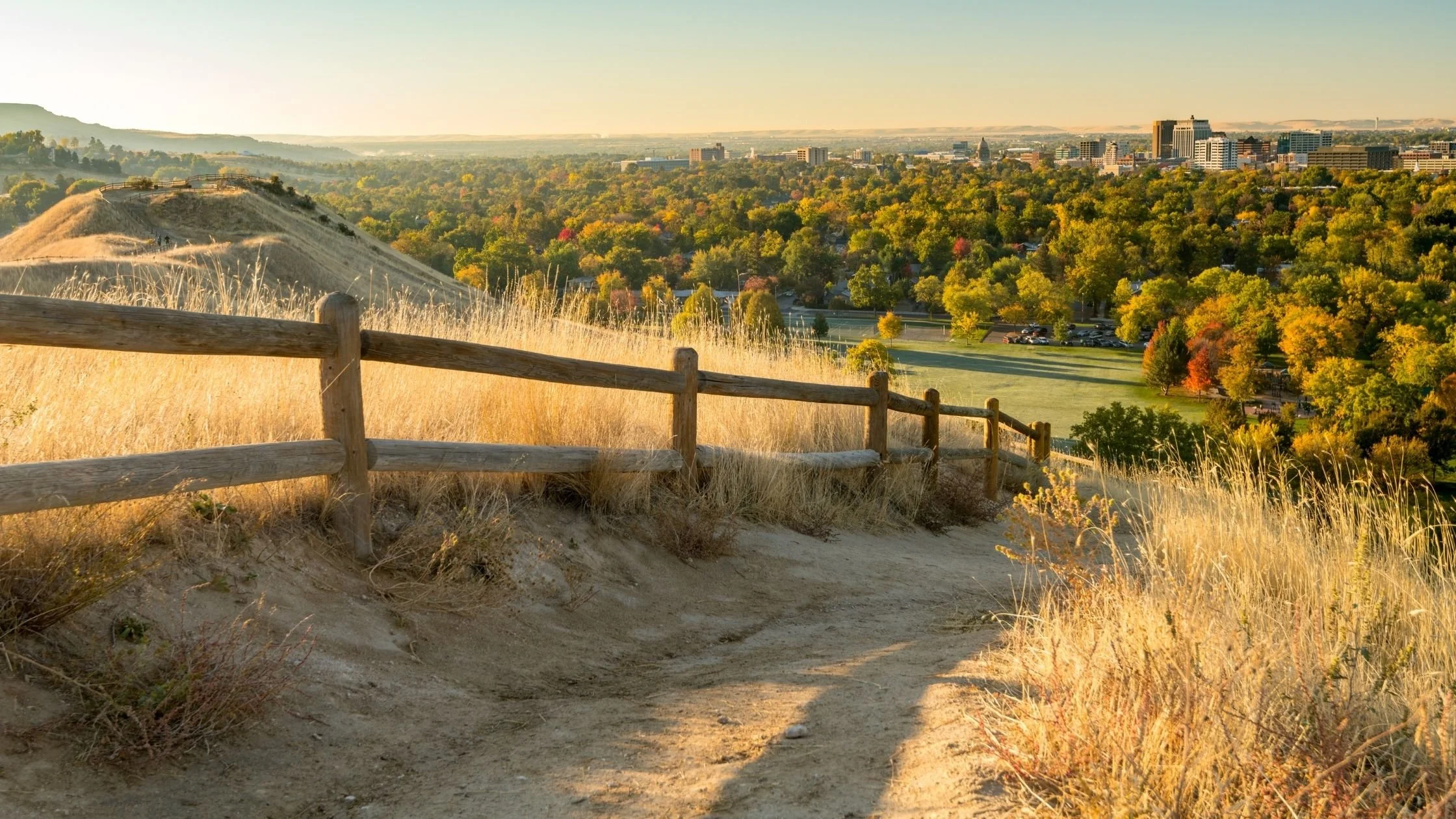Living in Boise, Idaho means enjoying beautiful mountain views, dry air, and higher elevations. But while these regional benefits can be great for outdoor adventures, they also present unique challenges when it comes to your oral health.
At Lake Harbor Dental, we often see patients dealing with dental concerns that are directly influenced by Boise’s dry climate and high altitude. In this article, we’ll explore the ways in which our environment impacts your teeth and gums—and offer practical, dentist-approved tips to keep your smile healthy year-round.
How Boise’s Dry Climate Affects Oral Health
Boise is classified as having a semi-arid climate, which means relatively low humidity levels and dry air most of the year. These conditions can contribute to:
1. Dry Mouth (Xerostomia)
One of the most common complaints in our area, dry mouth occurs when your salivary glands don’t produce enough moisture. Saliva plays an essential role in washing away bacteria, neutralizing acids, and protecting your teeth from decay.
Without enough saliva, you may experience:
Increased risk of cavities and gum disease
Bad breath
A sticky or parched feeling in the mouth
Difficulty chewing or swallowing
2. Chapped Lips and Oral Irritation
Dry, cracked lips are common at higher elevations, especially during colder months. Constant mouth breathing due to nasal dryness or allergies can also irritate your gums and the soft tissues in your mouth.
How High Altitude Impacts Dental Health
Boise sits at an elevation of around 2,700 feet—which is high enough to cause physiological changes, especially for new residents or those who travel to even higher areas nearby.
1. Barometric Pressure and Air Pockets
You may have heard of "tooth squeeze" or "altitude-induced tooth pain" (a condition known as barodontalgia). This can occur when trapped air in dental work (such as fillings or crowns) expands at high altitude, causing discomfort or sensitivity.
While rare, it’s a reminder of why well-sealed dental work is so important.
2. Dehydration
At higher elevations, your body loses moisture faster—especially when hiking, skiing, or spending time outdoors. Dehydration not only affects your general health but also reduces saliva production, which contributes to dry mouth and tooth decay.
Dental Tips for Boise’s Dry, High-Altitude Environment
1. Stay Hydrated All Day
Aim to drink water consistently throughout the day—even if you don’t feel thirsty. Carry a reusable water bottle and sip often, especially during physical activity. Staying hydrated helps:
Prevent dry mouth
Maintain saliva production
Support overall oral health
Bonus Tip: Choose fluoridated water when possible to help strengthen your enamel.
2. Use a Humidifier at Home
Using a humidifier in your bedroom or office can improve indoor air quality and reduce dry mouth, especially during the winter heating season.
3. Consider Saliva Substitutes or Moisturizing Mouth Rinses
If you experience chronic dry mouth, consider using over-the-counter oral moisturizers, mouth sprays, or rinses formulated to mimic natural saliva.
4. Avoid Mouth-Drying Habits
Certain habits and substances worsen dry mouth, including:
Tobacco products
Alcohol-based mouthwashes
Caffeine and alcohol consumption
Try switching to alcohol-free mouth rinses and be mindful of your caffeine intake.
5. Protect Your Lips and Oral Tissues
Apply a lip balm with SPF regularly to prevent chapping and sunburn, especially when outdoors. If you breathe through your mouth due to allergies or congestion, speak to your dentist or physician about ways to improve nasal airflow.
6. Maintain a Thorough Oral Hygiene Routine
Dry conditions increase the risk of plaque buildup and gum irritation, so keeping your mouth clean is even more important.
We recommend:
Brushing twice a day with fluoride toothpaste
Flossing once daily
Using a fluoride mouth rinse for added protection
7. Don’t Skip Dental Visits
Routine dental checkups allow your dentist to catch early signs of dryness-related issues such as enamel erosion, gum inflammation, or decay. At Lake Harbor Dental, we can also recommend customized treatments like fluoride varnishes or sealants based on your needs.
Special Note for Outdoor Enthusiasts
Boise is full of outdoor lovers—from hikers and mountain bikers to snowboarders and climbers. If you spend a lot of time in the mountains or deserts of Idaho:
Bring water and sugar-free gum on long excursions
Protect your mouthguard or dental appliances from dust and debris
Schedule post-adventure cleanings if you’re prone to buildup
Conclusion: Keep Your Smile Strong in Boise’s Unique Environment
While Boise’s dry climate and high elevation bring unique challenges, you can absolutely maintain excellent oral health with a few mindful adjustments.
At Lake Harbor Dental, we understand the local lifestyle and the dental concerns that come with it. Whether you’re new to the area or a lifelong resident, we’re here to help you adapt your oral care for long-term wellness.
Need personalized advice or experiencing dryness-related discomfort? Schedule your next checkup with us today—we’d love to support your healthiest smile in every season.


